|
LAST SUPPER - PAGE 14
Prometheus
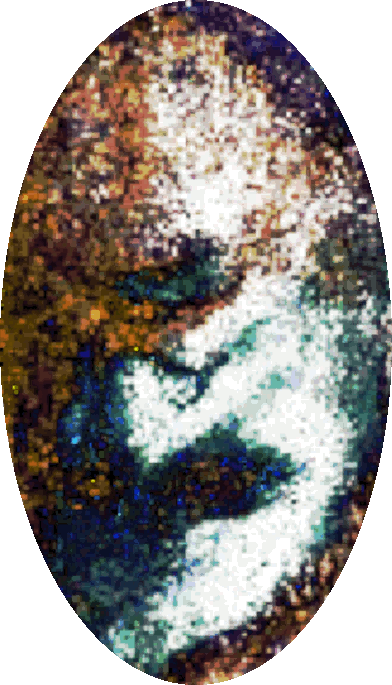
Fire man |
- Prometheus, forethinker, one of the Titans, was the supreme trickster, and
the
Greek god of fire, who stole fire from the Olympian gods and gave it to man.
- He was a master craftsman, and was associated with the creation of mortals
from clay and by giving the gift of knowledge to man.
- He
was the brother of Epimetheus, which means afterthought.
So quick bright things come to confusion.
(Shakespeare)
|
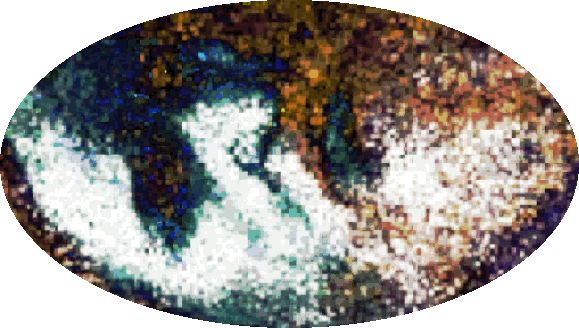
Zeus rapes Hera
with his mouth |
- In the
Theogony, Hesiod shows Prometheus as a lowly challenger of the omnipotence of Zeus, and as a trickster.
-
Zeus, head of the Olympians and god of thunder, saw that the Earth was corrupt
and the animals struggling to eat to not be eaten, a very
carnal level.
For we which now behold these present days have eyes to wonder, but lack tongues to praise.
(Shakespeare)
|
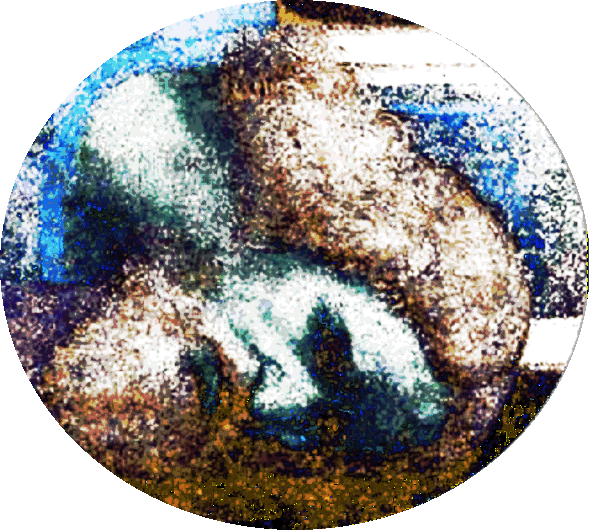
Animals struggling |
- Zeus wanted a higher functioning world, one
where the creatures could build, something innovative and more
purposeful.
- During Zeus' reign, the world had fallen from
the Golden Age to the Silver Age and food was not as
plentiful, animals had to learn to forage.
O for a Muse of fire, that would ascend
The brightest heaven of invention,
A kingdom for a stage, princes to act
And monarchs to behold the swelling scene!
(Shakespeare, Henry V)
|
|
|
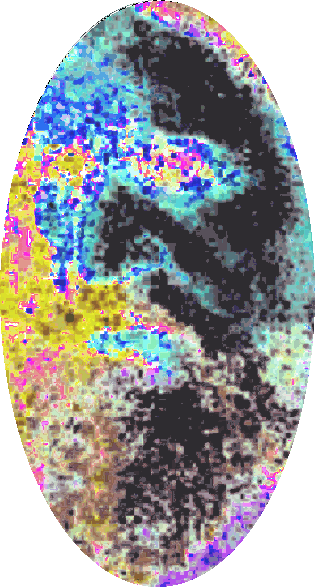
Happy worker |
- A creature that could build temples for Zeus and the other gods, worship him and bring him sacrifices
and rewards.
- Zeus/Jupiter happened to be the deity for
whom the greatest temples and monuments were built
in antiquity, including a statue which was one of the seven
wonders of the ancient world.
Thus can the demigod Authority
Make us pay down for our offense by weight.
(Shakespeare, Measure for Measure)
|
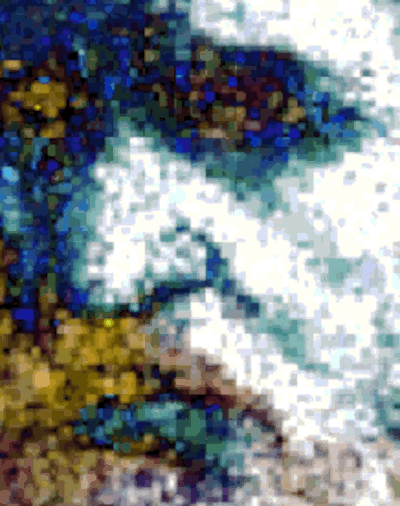
Foresight or Forethought |
- Prometheus had the gift of foresight or forethought and he predicted before the war between the Olympian gods and the Titans began, that the Titans would lose and be dethroned.
- Because he sided with the gods, Prometheus and his brother
were the only Titans that Zeus gifted a seat atop Mount
Olympus with the rest of the Olympian family after the great
war, although this was temporary.
Love is a smoke made with the fume of sighs.
(Shakespeare)
|
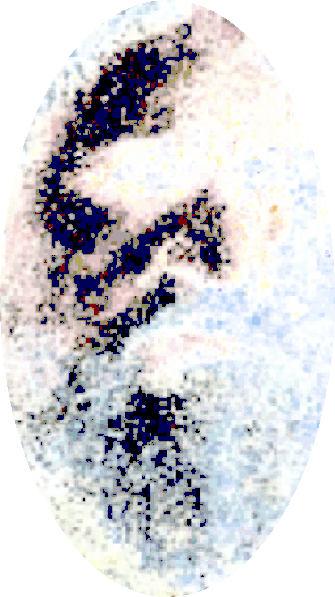
Creating
clay creature |
- Zeus asked his friend Prometheus to sculpt a new creature for him out of clay.
No longer from head to foot than from hip to hip, she is spherical, like a globe; I could find countries in her.
(Shakespeare, The Comedy of Errors)
|
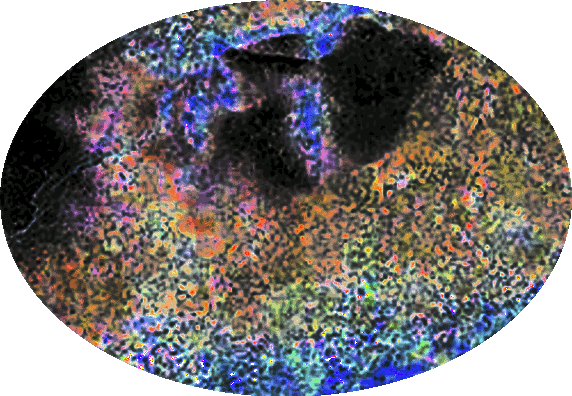
Clay formed image |
- Prometheus sculpted his creation in the image of the gods themselves,
using spit from Zeus, and breath from Athena to give his creation life
and this became the first man.
- Divine spark of life.
But clay and clay differs in dignity, Whose dust is both alike.
(Shakespeare)
|
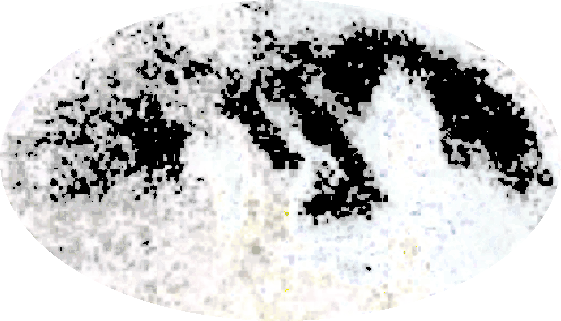
Cave dwellers |
- The new human flourished under the rule of the gods but
their existence was still limited to living in caves and drawing
crude murals on the cave walls.
- Prometheus wanted to give
them an extra spark called creativity so he gave them fire which he took from atop Mount Olympus.
- When Zeus was informed of this, he began to worry about
passing such a sacred power to these mere mortal creatures
who were inferior to the gods.
But flies an eagle flight, bold and forth on,
Leaving no tract behind.
(Shakespeare)
|
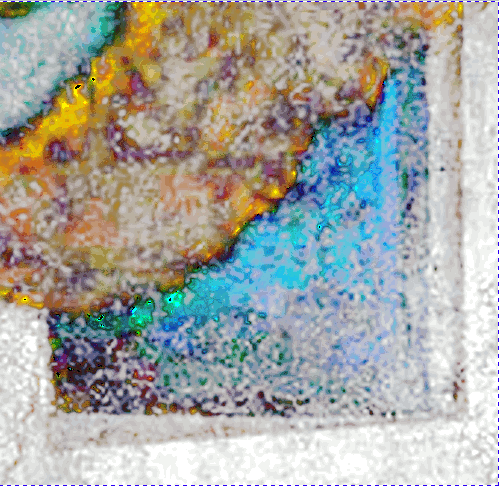
House fires |
- Humans began to innovate and inspire with the gift of fire
using it for cooking, and providing light and warmth for
themselves.
- Not long after, they moved out of their caves
and were building homes and cities.
- Sentient beings, no
longer stone.
And where two raging fires meet together, they do consume the thing that feeds their fury.
(Shakespeare, The Taming of the Shrew)
|
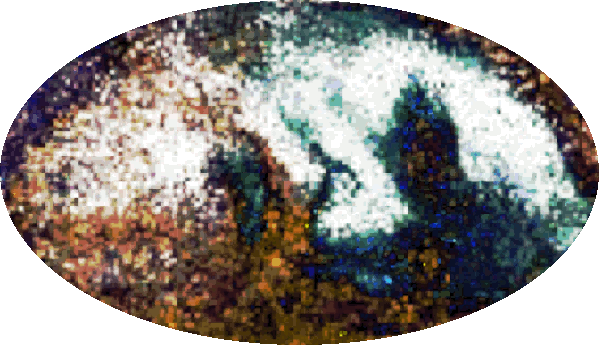
Forging a head |
- They began to have
control over other creatures around them and they forged weapons of war
and used these weapons against each other.
- Now, Zeus started to get really worried that with these new weapons, man would start to get prideful and arrogant and maybe attempt to try and overthrow
the gods so he began to keep a close eye on them.
- Trying
to push them back into a lower frequency.
Come not between the dragon and his wrath.
(Shakespeare, King Lear)
|
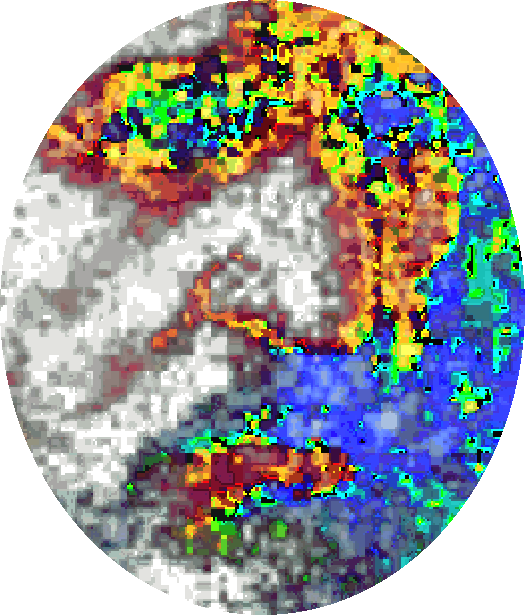
Fired up |
- Prometheus was so enamored with what man was doing with the gift of fire, that he started to love and respect them even more than the gods themselves.
- He became so enraptured with his creation, he wanted to
prove they were even better and smarter than the gods.
- He wanted to help them
prove themselves and trick the gods.
- Trying to push them
into a higher frequency.
To this urn let those repair
That are either true or fair;
For these dead birds sigh a prayer.
(Shakespeare)
|
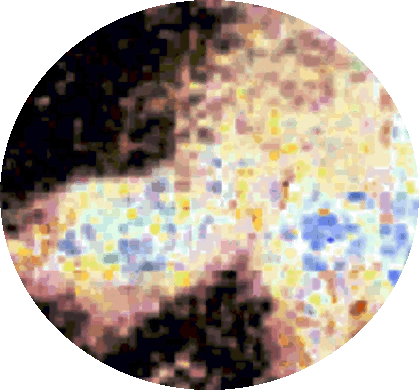
Zeus sacrifice |
- Zeus had ordered man to bring him an animal sacrifice
from time to time to keep man’s arrogance in check and make them show gratitude to their omnipotent ruler.
- He gave Prometheus the task of deciding what animal parts would be sacrificed to the gods.
All that lives must die,
Passing through nature to eternity.
(Shakespeare, King Lear)
|
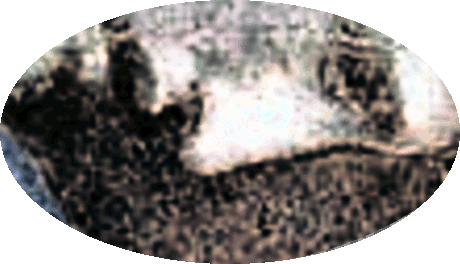
Bull |
- Because Prometheus now wanted to help man trick the gods, he ordered them to divide the carcass of a bull into
half and place these parts in two jars.
In time the savage bull doth bear the yoke.
(Shakespeare, Much Ado About Nothing)
|
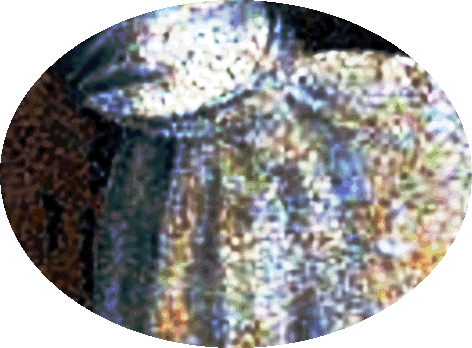
Clay jar covered with fat |
- One jar was filled with the mere bones
and was covered with the rich, nutritious fat of the animal.
Heaven truly knows that thou art false as hell. (Shakespeare,
Othello)
|
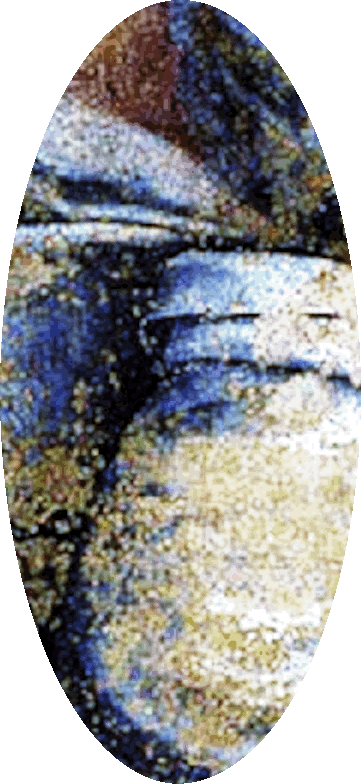
Jars |
- The second jar was filled with all the meat and flesh but was covered with the unappetizing looking belly skin.
And when I love thee not
Chaos is come again. (Shakespeare,
Othello)
|
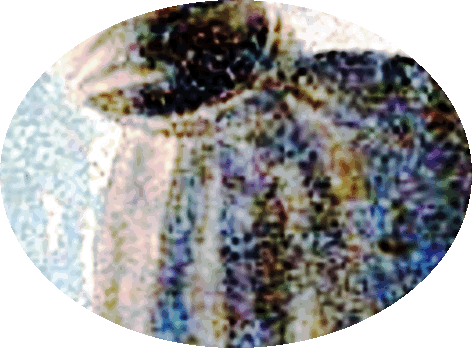
Clay jar
with bones
The backbone is connected to the
neckbone (vocal) |
- When man offered these two jars to Zeus, he picked the jar he wanted as a sacrifice,
and of course took the one that was covered from the outside with the delicious looking fat.
- Once Zeus and the other gods attempted to feast on their delicious looking sacrifice, they discovered that under the rich fat, there was nothing but bones.
When workmen strive to do better than well, they do confound their skill in covetousness.
(Shakespeare)
|
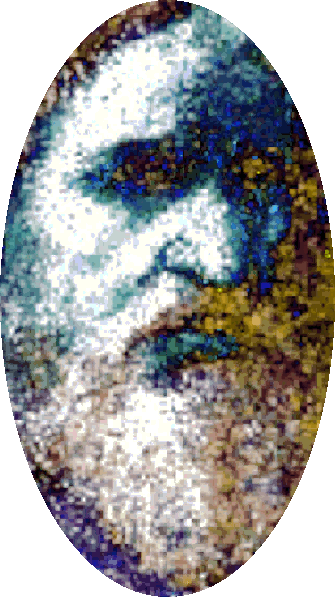
Mad Zeus birds take flight |
- Zeus was furious that he was tricked by man, the very creatures that should
obey him.
- He immediately took away the gift of fire as punishment for disobeying and defying him.
- Prometheus felt bad for man, not only because of the punishment that Zeus cursed them with, but also because he was indirectly responsible for
it.
In rage deaf as the sea, hasty as fire.
(Shakespeare)
|
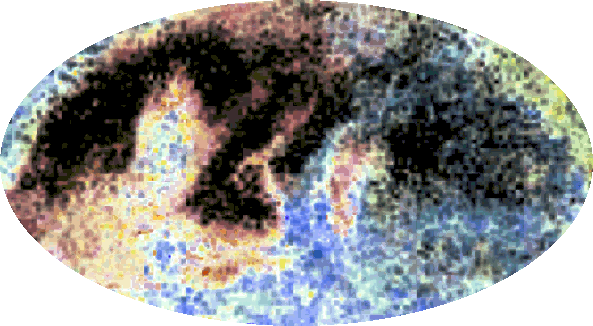
Prometheus steals fire again |
- Prometheus wanted to set things right and help his creation,
so he went back to Mount Olympus and stole the fire of the gods back, and once again gave it to man.
You are as a candle, the better burnt out.
(Shakespeare, Henry IV)
|
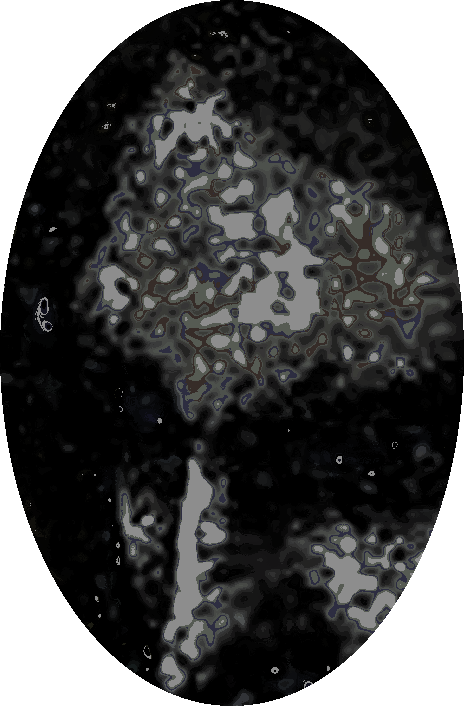
Prometheus guilty of betrayal |
- When Zeus saw that humanity was once again enjoying the gift of fire, he was doubly furious
and he immediately knew that Prometheus was behind the
giveaway.
These violent delights have violent ends.
(Shakespeare)
|
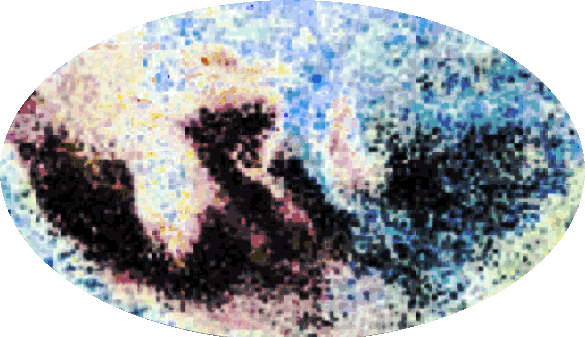
Hungry eagle eats liver
|
- This time, instead of punishing humanity, Zeus decided
to punish Prometheus.
- He chained Prometheus to the top of
Mount Caucasus where every day an eagle would come and tear his liver out and devour it.
One fire burns out another's burning, One pain is lessen'd by another's anguish.
(Shakespeare)
|
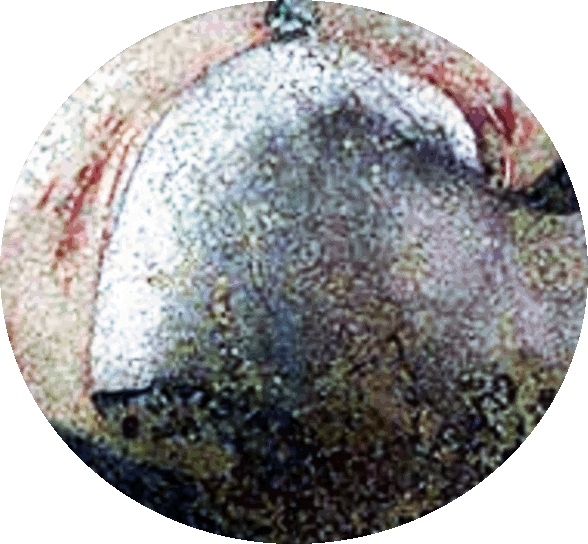
Eagle with liver |
- By dusk, his liver would grow back so the eagle would return and put him through the same torment as the day before.
- This was particularly cruel punishment since Prometheus
was immortal he would always heal, only to be tortured again.
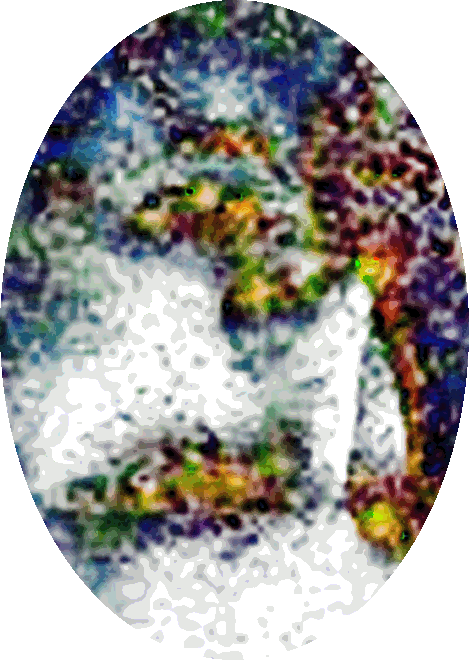
Fire ants |
- Liver is vital life force and if the liver becomes
imbalanced, Liver Fire can develop and interrupt the body’s equilibrium.
Tis but a base, ignoble mind
That mounts no higher than a bird can soar.
(Shakespeare)
|
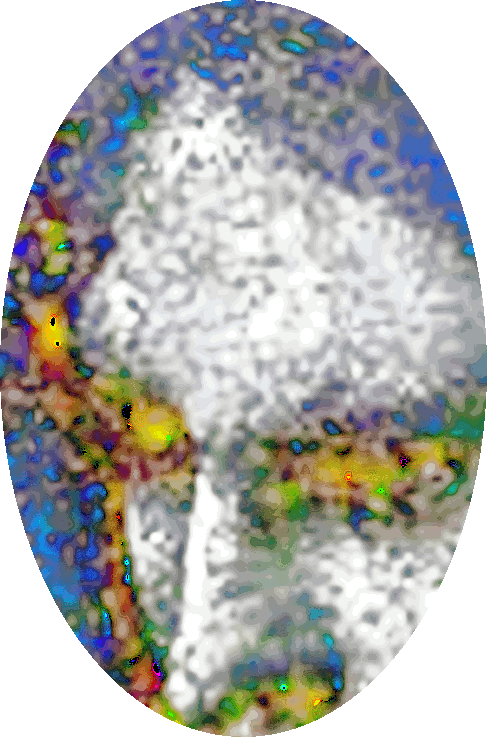
Chained to a rock(et)
named Peter |
- This punishment would last for eternity.
- After millennia of being tortured, Hercules,
who was Zeus' son, finally freed Prometheus from his torment;
in one of his Twelve Labors.
Oh, it is excellent to have a giant's strength, but it is tyrannous to use it like a giant. (Shakespeare,
Measure for Measure)
|
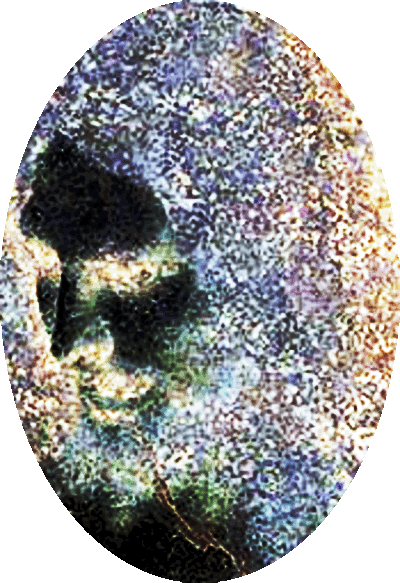
Unchained |
- After Prometheus was
freed, he informed Zeus about a secret that sea nymph Thetis would give birth to a son who was mightier than his father,
so Zeus who was planning on marrying her, changed his mind.
- Instead, Zeus arranged for Thetis to marry a mortal king, Peleus,
and averted the disaster.
- Eris,
goddess of strife and discord, was not invited to this wedding and she was furious; thus the golden apple and the
Trojan war followed.
- Ironically, Zeus’ own son, Hercules, freed one of his greatest enemies;
something that Zeus agreed to in order to give Hercules the
glory.
To this urn let those repair
That are either true or fair;
For these dead birds sigh a prayer.
(Shakespeare)
|
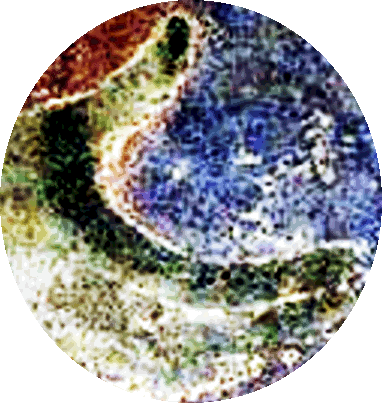
Chiron
world grip |
- In another generation, the centaur Chiron offered to replace Prometheus in exchange for death.
- Chiron is an immortal centaur, a wise counselor and trainer of heroes.
- He was accidently poisoned with incurable Hydra’s blood in his thigh
after a mishap involving Heracles, that left Chiron wracked with pain.
- Eventually Chiron could no longer endure the pain, and offered to take Prometheus’ place, so that Chiron
could be granted death and end his agony.
- Zeus agreed with this exchange.
- So in two instances, both involving Heracles, Prometheus is freed.
Thy sin’s not accidental, but a trade.
(Shakespeare, Measure For Measure)
|
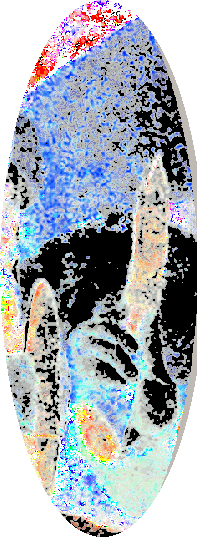
Fire workers |
-
The oldest record of Prometheus is in Hesiod, but stories of theft of fire by a trickster figure are widespread around the world.
- Pkharmat is a hero of the Nakh who brought fire and taught mankind how to forge metals;
he was punished and chained at Mount Kazbek in the Caucasus mountains.
- A Georgian named Amirani was chained in the Caucasus
and had his liver eaten by an eagle.
- Vedic deity Mātariśvan
also brought fire.
We must not make a scarecrow of the law,
Setting it up to fear the birds of prey,
And let it keep one shape till custom make it
Their perch, and not their terror. (Shakespeare,
Measure for Measure)
|
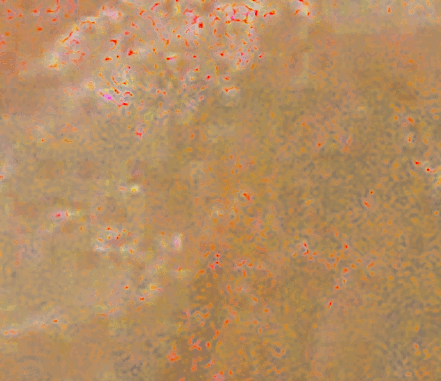
Forged with flame |
- Azazel taught humanity how to forge
metal, although he is also considered a doomed deity-angel.
- The myth of Popol Vuh of the Mayas speaks of Tohil a semi-god, who brought the fire to them centuries ago, after the Global Flood.
- The Aztecs (Miztecs) that invaded the Mayas country around 1200 AD worshiped the same divine entity, which they called Yol-coatl (or Vol-coatl) and Quetzalcoatl, meaning
'the snake of life' or 'winged snake'
- Extreme projection of energy.
I wear the chain I forged in life,” replied the ghost. “I made it link by link, and yard by yard; I girded it on of my own free will, and of my own free will I wore it.
(Charles Dickens)
|
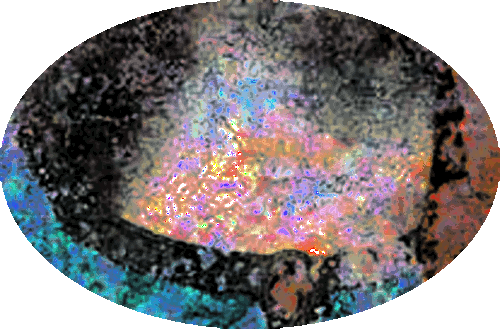
Hearth fire |
- Prometheus was one of Greek mythology’s most tragic heroes.
- In Hesiod's the
Works and Days, Prometheus appears as the source of man’s misery
and he is punished for using trickery, for stealing and breaking the law, and is to blame for mankind’s fall.
- Father of Deucalion, the hero of the flood story,
to who he gave the knowledge of building an ark.
Our wills and fates do so contrary run. (Shakespeare,
Hamlet)
|
Moral of the myth!
- The gods of the lower realm, Earth,
resent their subjects and don't seem to want them to
have the same skills as them. Jesus Christ, on the
other hand, wanted everyone to realize they were god
and wanted everyone on Earth to rise to that level.
- Fire comes naturally from lightening/heat and
that's been around forever--let there be light.
- Prometheus is Zeus' dark side, you can see it in
his facial expressions, something we all have, and
must learn to tame (or use for good occasionally).
|
|
Deucalion |
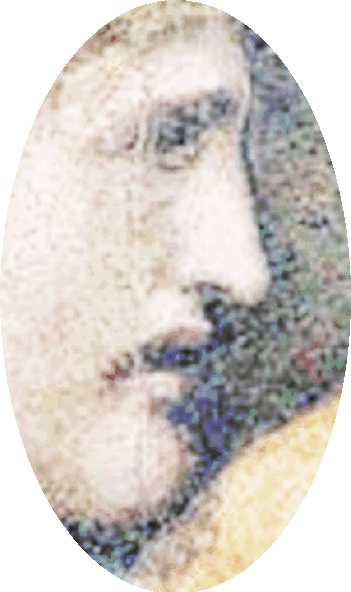
Built an ark |
- Deucalion was the Greek equivalent of Noah.
- He was the son of Prometheus, the creator of humankind.
- Husband of Pyrrha, who was
the daughter of Pandora and Epimetheus, brother of his father.
- Father of Hellen, the mythical ancestor of the Hellenic race.
- King of Phthia in Thessaly.
A wild dedication of yourselves
To undiscovered waters, undreamed shores. (Shakespeare,
The Winter's Tale)
|
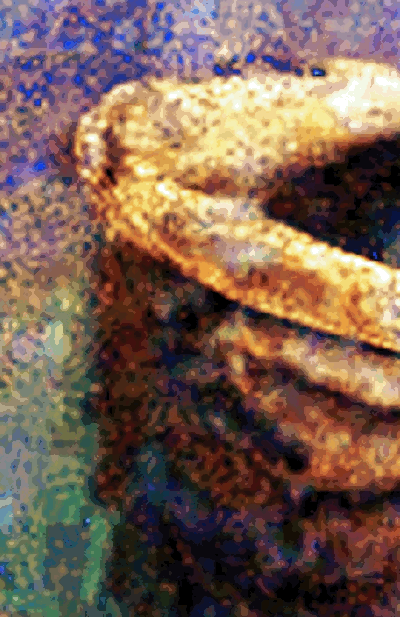
Building an ark |
|
- When Zeus, the king of the gods, resolved to destroy all humanity by a flood, Deucalion,
at the advice of his father Prometheus, built an ark.
- The Gods were angry at the humans because,
on top of their immoral behavior, they also forgot to pray to their names and honor them with sacrifices
so Zeus decided to destroy all humankind.
- Ancient Greeks in their attempt to purify the old world from its sins and give birth to a new race of human.
The world is not thy friend, nor the world's law. (Shakespeare,
Romeo and Juliet)
|
Pyrrha
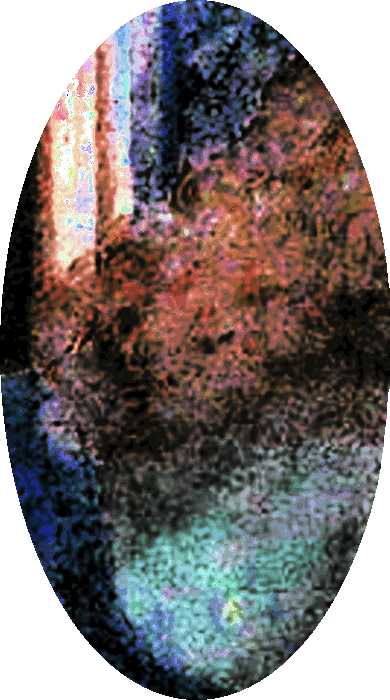
Flame colored hair |
-
Pyrrha, flame colored, was married to the son of Prometheus who was Deucalion.
- She was the daughter of Epimetheus, brother of
Prometheus, and Pandora.
-
In union with Deucalion as Queen of Thessaly she had three sons, Hellen, Amphictyon, Orestheus; and three daughters Protogeneia, Pandora II and Thyia.
I flamed amazement. (Shakespeare,
The Tempest)
|
Deucalion and Pyrrha
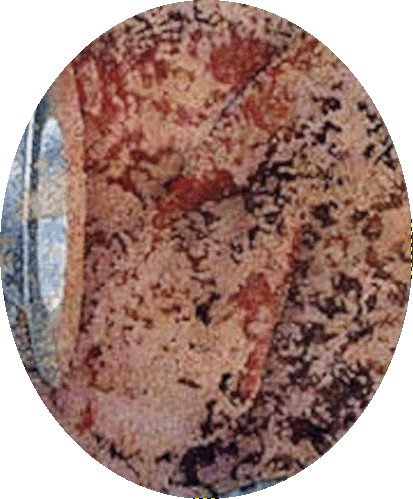
Ark porthole |
- The Gods had perceived Deucalion and Pyrrha to be the
most righteous among the men and women on Earth and had chosen
them to be the only survivors of the disaster.
- Once the
ark was complete, they wound up at the cliff in an incredible
storm, a calamitous occasion predicted by the divine beings
themselves.
- The flood
soon carried them away and they remained in the ark for
several days while the storm raged.
- Finally, when the
land was totally submerged, and nothing but water could be
seen, the rain ended.
All was lost,
But that the heavens fought. (Shakespeare,
Cymbeline)
|
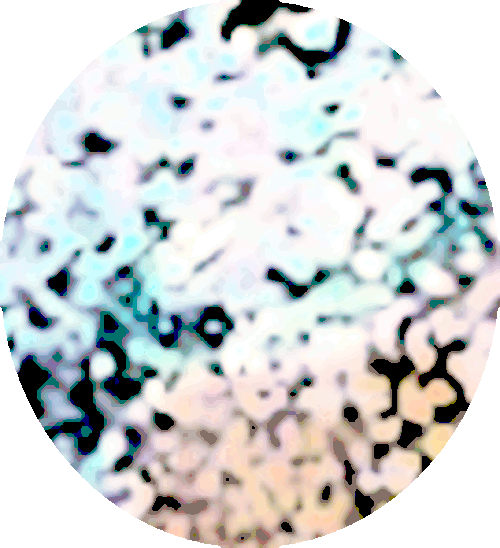
Watery landing |
|
- After they rode out the flood, they
discovered they landed on Mount Parnassus and found the Earth was purified
and ready for a fresh beginning.
These two, picked for their goodness and dauntlessness, would turn into the deliverers of humankind. (vocal.media)
|

Throwing mother's stones |
|
- Once the deluge was over and they were on land again,
they discovered they were the last man and woman standing.
- Deucalion consulted the oracle of Themis, the heavenly seeress, about how to
repopulate the Earth.
- He was told to throw the bones of his mother behind his
shoulder.
- Deucalion and Pyrrha understood the 'mother' to
be Gaia, the mother of all living things, and the 'bones' to
be rocks.
- Both offered a sacrifice to renew the human race and they threw the rocks behind their shoulders.
- The rocks soon began to lose their hardness and change into
human form.
The parts that were soft and moist became skin, the veins of the rock became people's veins, and the hardest parts of the rocks became bones. (Wikipedia)
|
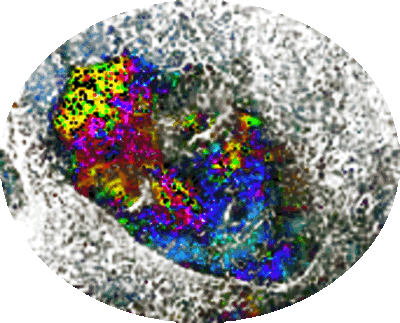
Rock art |
|
- The stones thrown by Deucalion became men, while those thrown by Pyrrha became women
and they repopulated the Earth.
-
Once the land has been repopulated with humans, Gaia follows suit and begins to produce all other forms of life.
- The story of Deucalion and Pyrrha is also retold in the Roman poet Ovid's famous collection
Metamorphoses.
Ovid uses this opportunity to inform his audience that heat and water are the sources of all life, "because when heat and moisture blend in due balance, they conceive: these two, these are the origin of everything. Though fire and water fight, humidity and warmth create all things; that harmony." (Ovid – p 15). (Wikipedia)
|
|
Pandora |
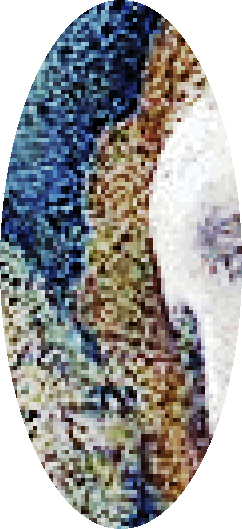
Hopeful
|
- Pandora, the one who bears all gifts, was married
to Epimetheus, brother of Prometheus, and together had a
daughter named Pyrrha.
- When Prometheus stole fire from heaven, Zeus, the king of the gods, took vengeance by
bestowing Pandora to his brother Epimetheus.
- Prometheus had advised Epimetheus not to accept anything from the Gods, but he saw Pandora and was
beguiled by her beauty.
-
Pandora was created as a punishment to the mankind because Zeus wanted to punish people
after Prometheus stole the fire to give it to them.
- Her gifts were beautifully evil, according to Hesiod.
The miserable have no other medicine but only hope.
(Shakespeare)
|
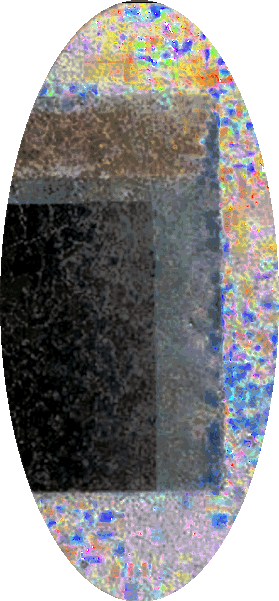
Evil inside forbidden box |
- Hephaestus formed her from clay and shaped her perfectly, Aphrodite gave her femininity and Athena taught her crafts
while Hermes was ordered by Zeus to teach her to be deceitful, stubborn and curious.
-
Pandora's box was a gift from the gods to Pandora, the first woman on Earth;
it contained all the evils of the world, which were released when
she opened the box.
-
Sickness, death, greed, anger, jealousy and hate existed in humans ever since Pandora opened that forbidden box,
and all evils escaped.
- The story today is interpreted as
opening Pandora's box and finding unexpected problems; such as
opening a can of worms.
Pandora's box is a metaphor for something that brings about great troubles or misfortune, but also holds hope. (Wikipedia)
|
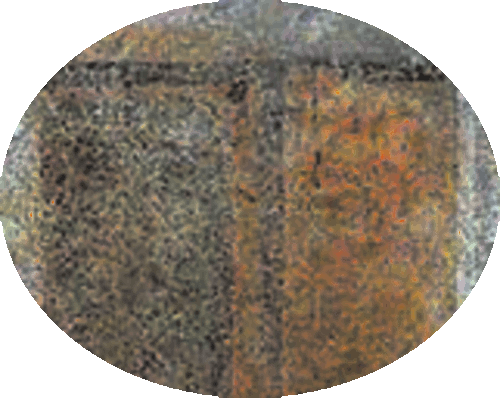
Can of worms
|
- The myth of Pandora came from Hesiod's c. 700 BCE poem, Works and Days.
- The box, which was a jar in the original myth, was left to
her and she was told to never open it, but her curiosity got
to her and caused her to open it, and release all the
curses on mankind.
- She closed the container quickly,
which left behind one thing still in the box, hope.
Some sins do bear their privilege on earth.
(Shakespeare, King John)
|
Ares / Mars

God of war |
- Ares in Greek mythology was the Roman Mars, god of war, second only to Jupiter in the Roman pantheon.
-
Ares was the son of Zeus and Hera; Mars
was the son of Jupiter and Juno, and was an important Roman military god.
- Unlike Ares, who was viewed as a destructive and destabilizing force, Mars represented military power.
- His consort was Nerio (Neriene), which means valor, and she represents the vital force
- Mars symbols are the spear and shield and he was associated with the wolf and woodpecker.
- Mars raped Rhea Silvea and fathered twins Romulus and Remus
as a result.
- He had a love affair with Venus and
together, they are found often in art and literature.
See, what a grace was seated on this brow;
Hyperion's curls, the front of Jove himself,
An eye like Mars, to threaten and command,
A station like the herald Mercury
New-lighted on a heaven-kissing hill,
A combination and a form indeed,
Where every god did seem to set his seal,
To give the world assurance of a man.
(Shakespeare)
|
|
Mars |
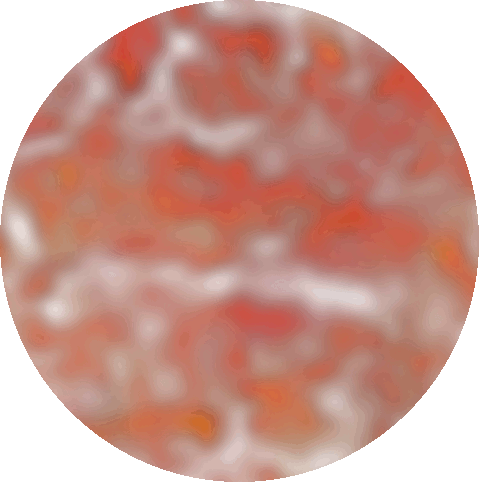
4th planet from the Sun |
- In astrology, Mars rules the 1st house (rising/ascendant) and cooresponds
to your rising sign and represents self, physical body, and appearance.
- It’s the front door of your cosmic home
and associated with 1st zodiac sign Aries which is insight
about our ego, drive, self-image, and personal
views.
- Mars also rules the 8th house (sex) and tied to zodiac
sign Scorpio and planet Pluto.
Any planets in this house (either in your birth
chart or when transiting) will greatly influence your
personality and how others perceive you. (horoscope.com)
|
Vestal Virgin Rhea
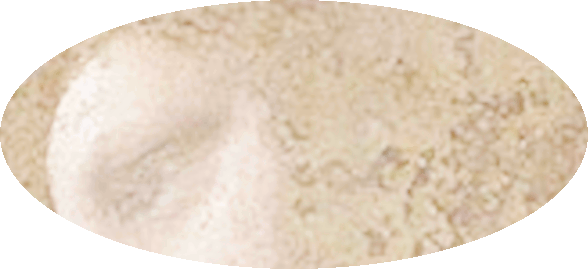
Silvia |
- Rhea Silvia (Ilia) was raped by Mars while she slept and gave birth to
twins Romulus and Remus who founded the city of Rome.
-
She was a Vestal Virgin, priestess of Vesta, virgin goddess of
Rome's sacred hearth and flame.
- Rhea was the daughter of Numitor, king of Alba Longa, and descended from Aeneas.
- Her father had been deposed by his brother Amulius, who forced Rhea to become one of the Vestal Virgins,
taking the vow of chastity, in order to prevent her from giving birth to potential
heirs to the throne.
The spurns
That patient merit of the unworthy takes..
(Shakespeare, Hamlet)
|
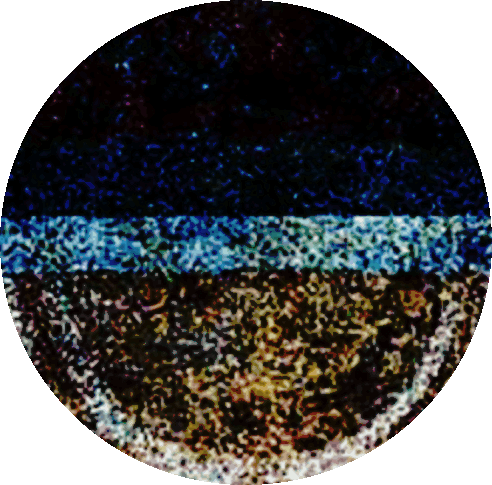
Cradle found in river |
- After she gave birth to the twins,
Amulius ordered them drowned in the Tiber River, but the
cradle
they were in floated downsteam and they were saved.
- The cradle was found by the shepherd Faustulus, who
sheltered and raised them.
- Romulus and Remus, resolved to avenge the wrongs
with the help of faithful comrades, they slew Amulius, and placed Numitor on the throne.
-
Rhea Silvia then became the wife of the river-god Tiberinus.
In her dreams she had a vision where she dropped a hairpin to the ground, and from which there sprang two twin trees. Over time one of the trees grew so large that it covered the entire world with its shade, a reference to the ultimate success of Romulus and the growth of the huge Roman Empire. (worldhistory.org)
|
Hestia / Vesta
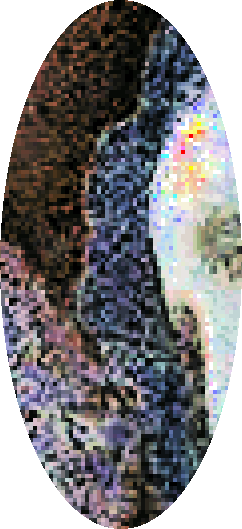
Goddess of the hearth |
-
Hestia, a Titan, is the Greek goddess of the hearth, home, domesticity, family
and the sacrificial flame and received a share of every
sacrifice to the gods.
- Her Roman equivalent was Vesta.
- She was one of only three virgin goddesses, next to Athena and Artemis.
- She was the first
born child
of Cronus and Rhea and sister of Zeus, Hades, and Poseidon.
- She was swallowed by her father at birth and later vomited
up by him.
Eating the bitter bread of banishment. (Shakespeare, Richard II)
|

Bread roll |
- Hestia presided over the cooking of bread and the preparation of the family meal.
- Apollo and Poseidon were suitors for her hand, but she swore to remain a maiden forever.
- Zeus, the king of the gods, bestowed upon her the honor of presiding over all sacrifices.
- She worked with Hermes and together, they presided over
domestic, business and natural life.
Frame your mind to mirth and merriment which bars a thousand harms and lengthens life. (Shakespeare, The Taming of the Shrew)
|
Dionysus / Bacchus
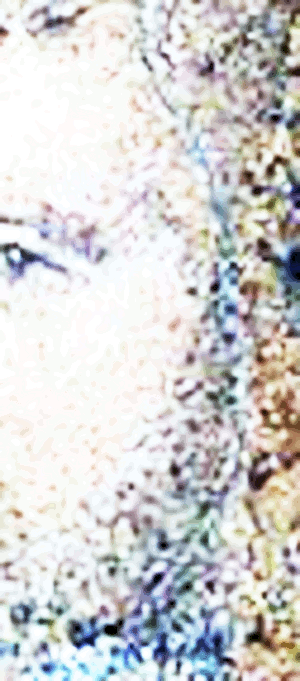
Wine-maker |
- Dionysus, who was the son of Zeus, was the Greek god of fertility, wine and theater,
and Demeter, goddess of agriculture.
- In another version of the story, Zeus had intercourse with Persephone in the form of a serpent, producing Dionysus.
- His Roman counterpart was Bacchus.
- Festivals of Dionysus were used to perform the theatre of sacred dramas.
- The mystery cult of Bacchus came to Rome from the Greek culture of southern Italy.
- These were the Essene priests up in Syria at the Temple of Dionysus and the Eleusinian Mysteries.
- Also at the Temple of Artemis where they performed glossolalia and had the Mysteries which is what the Apostles were teaching them and writing letters about.
Good wine is a good familiar creature if it be well used. (Shakespeare,
Othello)
|
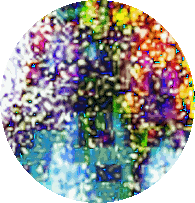
Grape cluster |
- Dionysus invented wine-making.
- As Dionysus Eleutherius (the liberator),
he used wine, music, and ecstatic dance to free his followers
from self-conscious fear and care.
- He carried a thyrsus
(wand), a fennel-stem sceptre, wound with ivy and dripping with honey,
used as both beneficial and as a weapon to destroy those who opposed
his cult and the freedom he represented.
- If you partook
in his magic, he would possess and empower.
Give me a bowl of wine,
In this I bury all unkindness. (Shakespeare)
|
Nyx / Nox
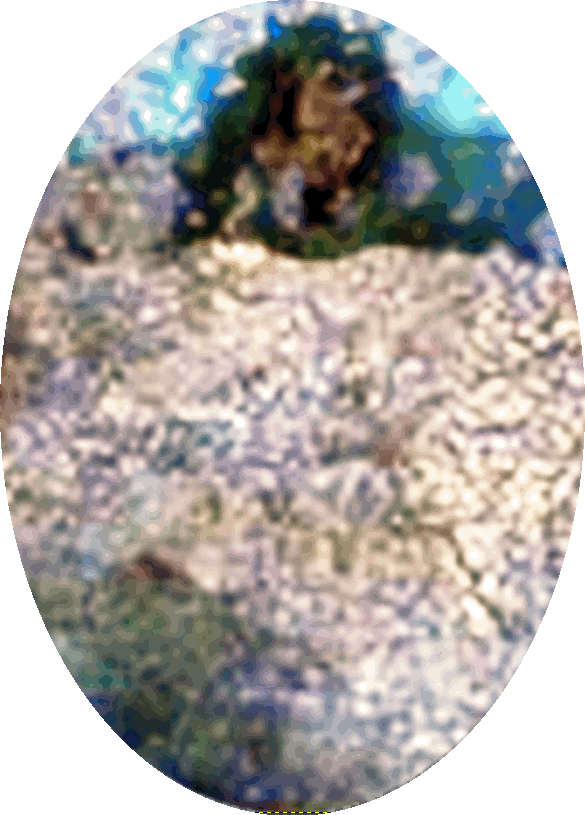
Night |
- Nyx (Night), who was the daughter of Chaos, was a primordial, terrifying and formidable goddess who represented the night.
- Seneca called her Astrea and her Roman name is Nox.
- She was the personification of absolute darkness.
-
Nyx was the mother of Hypnos, Aether and Hemera (Day), with her spouse Erebus
(Darkness).
- She also produced by herself a brood of
children which are the personifications of negative forces,
there are many versions.
- Nyx lived at the ends of the earth and wore a black robe and drove through the sky with a chariot pulled by horses.
Without the assistance of a father, Nyx produces Moros (Doom, Destiny), Ker (Destruction, Death), Thanatos (Death), Hypnos (Sleep), the Oneiroi (Dreams), Momus (Blame), Oizys (Pain, Distress), the Hesperides, the Moirai (Fates), the Keres, Nemesis (Indignation, Retribution), Apate (Deceit), Philotes (Love), Geras (Old Age), and Eris (Strife). (Wikipedia)
|

Scorpion |
- Nox was the Roman equivalent and she produced another
set of devious children.
With Erebus, she produces Fatum (Fate), Senectus (Old Age), Mors (Death), Letum (Destruction), Continentia (Strife), Somnus (Sleep), the Somnia (Dreams), Lysimeles (Thoughtfulness), Epiphron (Hedymeles), Porphyrion, Epaphus, Discordia (Discord), Miseria (Misery), Petulantia (Petulance), Nemesis, Euphrosyne (Cheerfulness), Amicitia (Friendship), Misericordia (Pity), Styx, the Parcae (Clotho, Lachesis, and Atropos), and the Hesperides (Aegle, Hesperia, and Erythea). (Wikipedia)
|
Hypnos / Somnus

Hypnotism |
- Hypnos was the Greek god of sleep, dreams and rest,
because of this he was the laziest of all the gods.
-
His mother was Nyx/Astrea (Night) and his father was Erebus
(Darkness);
he was the twin brother of
Thanatos (Death).
- His symbols
were poppy and cottonwood.
- His Roman counterpart was Somnus.
- Hypnos lived in Erebos
valley on the
island of Lemnos, the land of eternal darkness beyond the
gates of the rising sun, and rose in the sky each night in the
shadow of his mother.
- Hypnos was in charging of putting
all living things to sleep, both human and immortal.
According to Hesiod, he walked calmly across the land and the vast sea and was compassionate toward humanity. The deity would usually approach individuals from the air and could put them to sleep using an assortment of tools, including his wings, a twig, a wand bathed in the River Lethe’s waters, or a horn loaded with sleep-inducing medications. (learning-history.com)
|
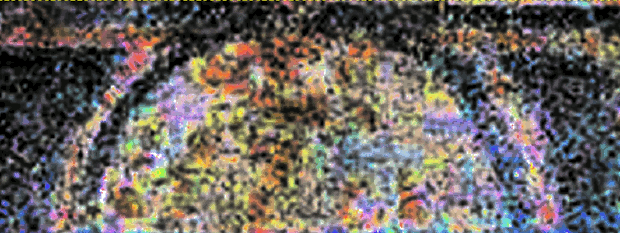
Magic cave
and the waters of Lethe |
- Hypnos lived in a cave through which
flowed the waters of Lethe, the river of forgetfulness and
oblivion.
- In Homer's Iliad,
Hypnos was enlisted by Hera to lull Zeus to sleep so that she
could help the Greeks in the Trojan war.
- As a reward,
Hera gave Hypnos the goddess Pasithea, meditation, relaxation, and hallucination, one of the Graces, to marry.
Demand me nothing: what you know, you know. (Shakespeare, Othello)
|
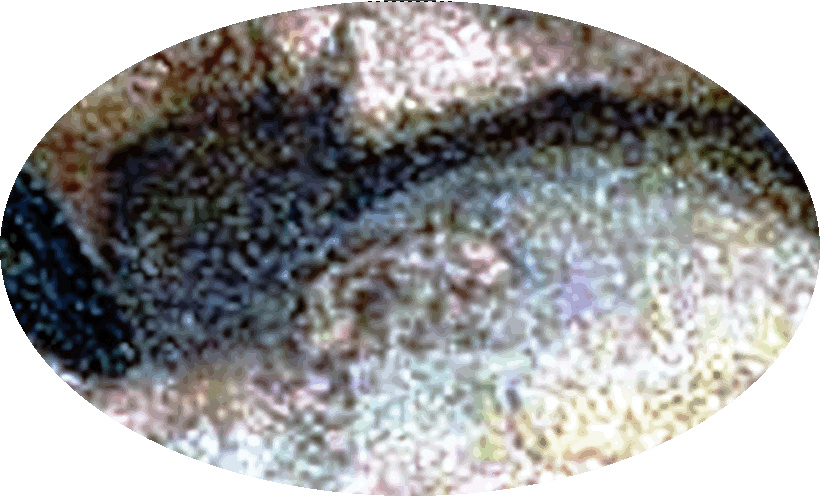
Dreams |
- Hypnos spent his time laying on a soft couch
sufrrounded by his many sons, who were bringers of dreams.
- Chief among his sons were Morpheus, who brought dreams of
men, Icelus, who brought dreams of animals, and Phantasus, who
brought dreams of inanimate things.
-
Hypnos and Thanatos carried the body of Sarpedon to his home in
Lycia after he was killed by Patrocus.
There was an ebony bed in Hypnos’ cave. Poppies and other sleep-inducing vegetation flourished at the entrance. No noise or light could enter the cave, enabling Hypnos to fall asleep. His residence was appropriate for his responsibilities. (learning-history.com)
|
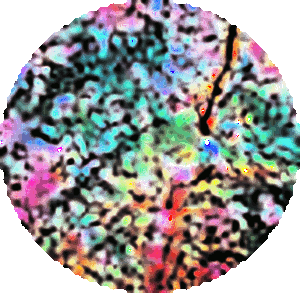
Sleep inducing herbs |
The golden age is before us, not behind us.
(Shakespeare)
|
|
Sun |
Moon |
Stars |
|
 |
 |
 |
|
Signed by Leonardo DaVinci
A new
day!
As above, so below. |
|
|
The eye sees a thing more clearly in dreams,
than the imagination awake.
Leonardo DaVinci

|